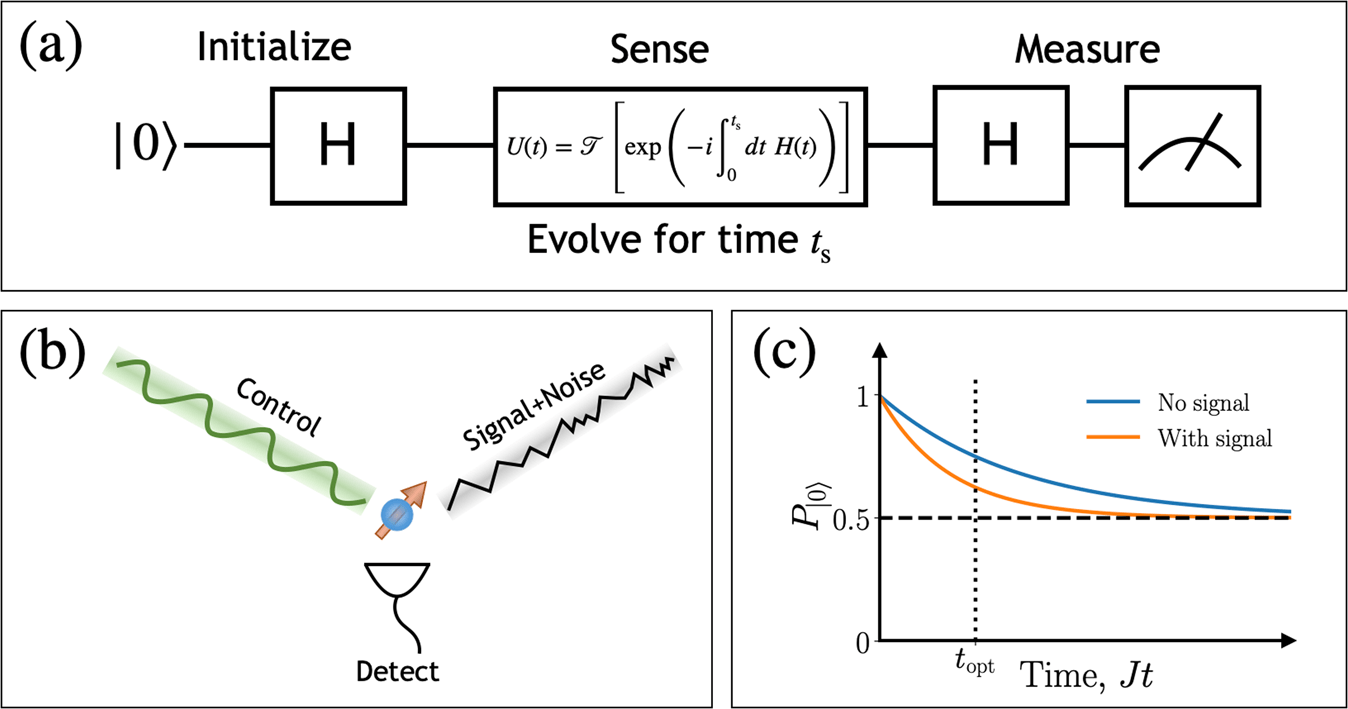A wearable brain imaging system developed by Hub researchers through the recently launched spin-out company Cerca Magnetics has been installed at the Hospital for Sick Children (SickKids) in Toronto for ground-breaking research into autism.
This new type of brain scanner, which deploys quantum enabled sensors to measure magnetic fields above the scalp (a process termed magnetoencephalography (MEG)) is being used by researchers in Toronto to scan children who have been identified as having a higher likelihood of developing autism due to siblings having the neurodevelopmental disorder.
World renowned neuroscientist Dr Margot Taylor is leading the Canadian study that will scan the volunteer children from age 12 months onwards on a regular basis and track the development of brain function, looking for differences between those who do or do not develop autism.
Dr Margot Taylor, Director of Functional Neuroimaging, Department of Diagnostic Imaging
The installation in Canada was headed up by Dr Ryan Hill, who was the first person to scan toddlers using this new quantum enabled device. In late July this year, he took on the challenge of installing the Toronto system, a job made significantly more difficult by the COVID-19 pandemic.
Dr Ryan Hill, Hub researcher at the University of Nottingham
Whilst other MEG scanners exist, the Cerca system is unique since it is the only “wearable” MEG system where patients can move freely during the scan. It adapts to different head sizes, making it ideal for scanning children. It also offers considerably higher sensitivity and spatial specificity compared to the current state of the art MEG systems. And all of this is achieved at lower cost compared to conventional systems.
David Woolger, CEO of Cerca Magnetics
The post Wearable brain imaging system installed in Toronto for autism research appeared first on Quantum Sensors.




